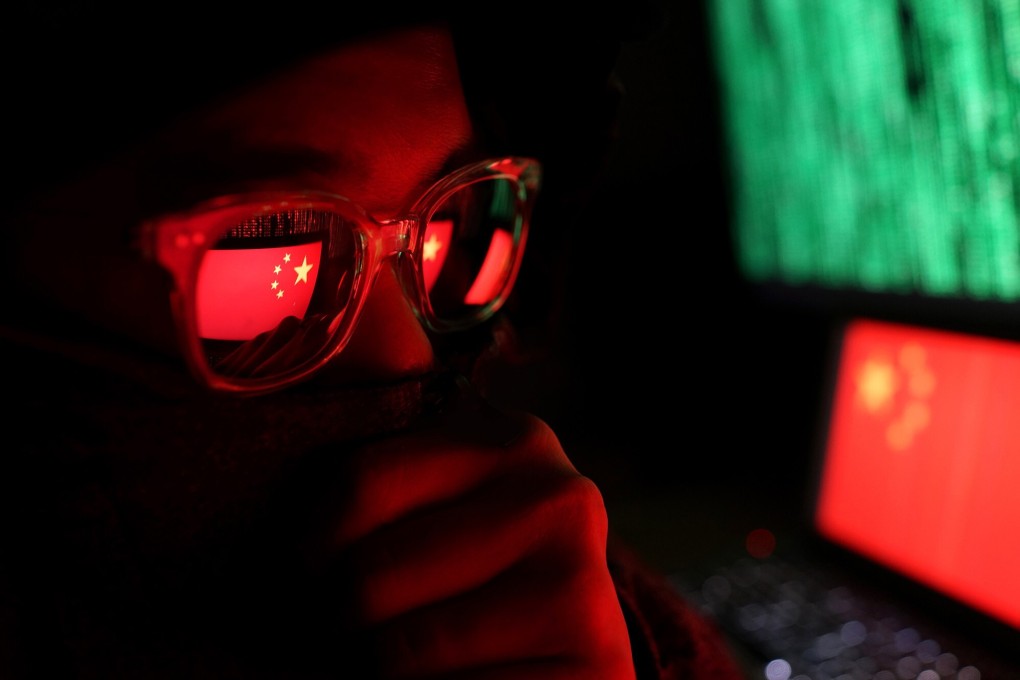China’s top cybersecurity officials seek to calm investor concerns that new regulation could put chill on overseas IPOs
- Officials from Beijing’s top cybersecurity agencies said a regulation on ‘critical information infrastructure’ does not target foreign businesses or IPOs
- Probes into Didi and other tech companies has caused speculation about the meaning of the term in question, which is used but not defined in recent laws

China’s top cybersecurity brass assured investors at a government press conference that a new regulation designed to protect the country’s “critical information infrastructure” is not meant to target foreign businesses or overseas initial public offerings.
Officials from the Cyberspace Administration of China (CAC), the Ministry of Industry and Information Technology (MIIT), the Public Security Bureau and the Ministry of Justice gathered on Tuesday to explain the new “Regulations on Safeguarding Critical Information Infrastructure” that goes into effect next month. It is expected to have a sweeping impact on how companies in sectors such as information, energy and finance manage their data systems in the country.
“For a long period of time, we have been supporting internet companies to raise funds in accordance with laws and regulations,” Sheng said. “No matter the ownership of a business, where it goes public, it has to meet the two conditions of complying with state laws and ensuring the security of critical information infrastructure and personal information.”
“[A company’s] operations won’t be affected [by the regulation] as long as it meets the two conditions,” Sheng added.
Cyberspace security cadres like Sheng rarely make public comments, but they now wield an increasing amount of power over the fate of China’s technology giants as security has taken centre stage in Beijing’s internet management.